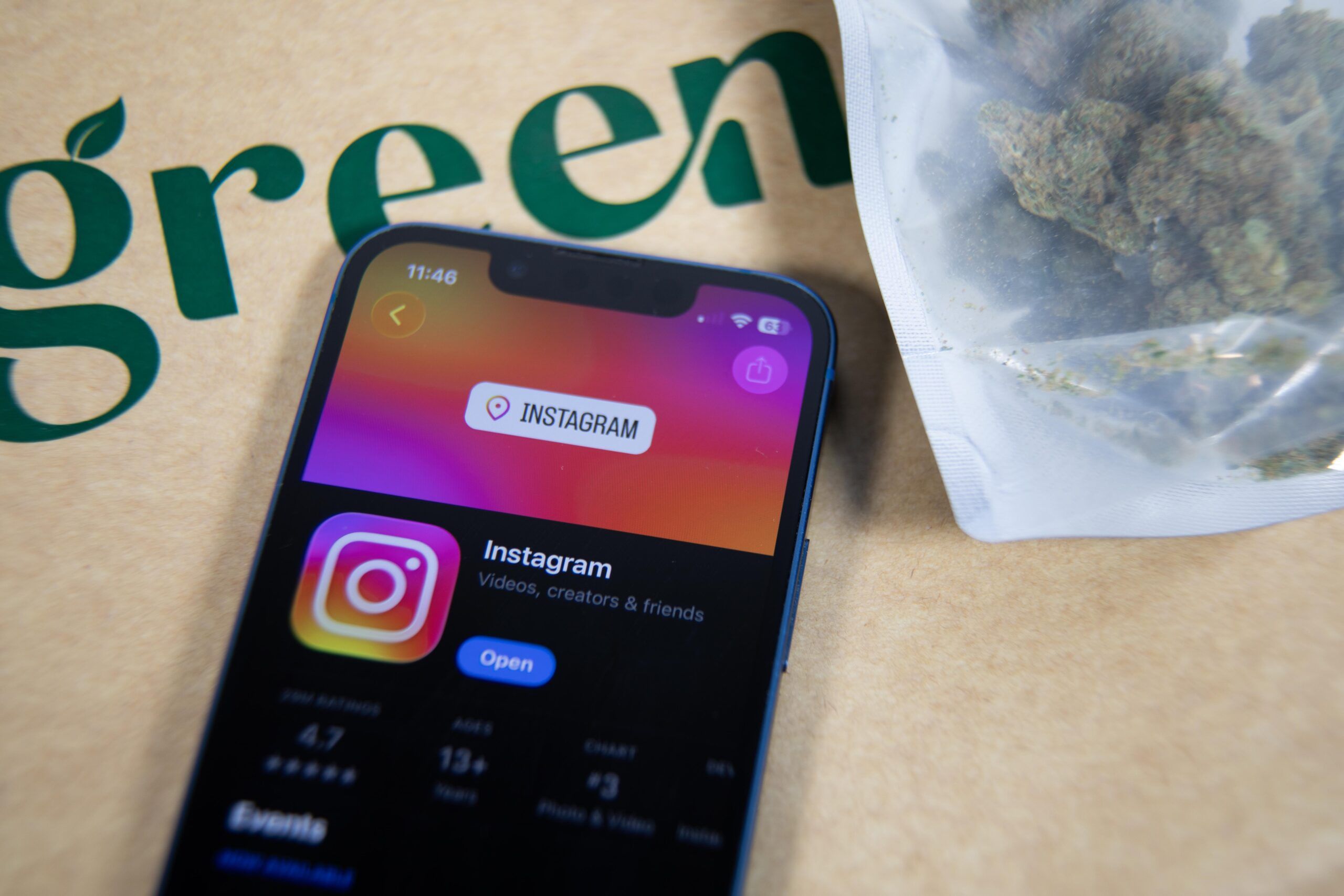Social media has played a significant role in shaping cannabis culture, acting as a primary driver for brand marketing, industry influence, and job creation. Despite the regulatory restrictions that platforms impose, cannabis businesses, influencers, and advocates have found innovative ways to navigate the digital landscape to educate, promote, and engage with their audiences. As legalization continues expanding, social media has become a battleground for visibility, with brands leveraging creative content strategies to circumvent strict guidelines while still reaching potential customers. From educational content to product launches, cannabis-related accounts must walk a fine line, ensuring compliance while staying relevant.
Cannabis brands have had to be particularly strategic in marketing efforts, as many platforms, including Facebook, Instagram, and TikTok, heavily restrict paid advertising for cannabis products. Instead, companies rely on organic reach through storytelling, influencer collaborations, and user-generated content. Instagram remains a dominant platform, where brands use aesthetically curated feeds, reels, and partnerships with cannabis-friendly influencers to boost engagement. Twitter (now X) has loosened restrictions, allowing limited cannabis advertising in certain regions, making it a growing space for industry discussions and promotions. LinkedIn, though not traditionally associated with cannabis culture, has become a key platform for business networking, job recruitment, and B2B marketing within the cannabis industry.
Influencers have also played a crucial role in legitimizing cannabis culture and helping to shift public perception. From cannabis chefs and medical advocates to lifestyle influencers who integrate cannabis into wellness routines, these figures have helped normalize consumption and showcase its versatility. YouTube remains a major player in this space, as long-form content such as strain reviews, educational videos, and industry insights continue to attract engaged audiences. While YouTube’s policies on cannabis-related content fluctuate, it remains one of the few platforms where in-depth discussions and tutorials can thrive without immediate takedown.
In terms of job creation, social media has expanded opportunities for cannabis professionals in ways beyond traditional retail or cultivation roles. Digital marketing experts, social media managers, content creators, and cannabis-focused public relations specialists have become in-demand positions as companies look to strengthen their online presence. Additionally, platforms like Reddit and Discord have cultivated strong cannabis communities where enthusiasts, professionals, and patients can discuss everything from policy updates to strain recommendations. These forums have also become critical in networking and breaking into the industry, particularly in states where legalization is still evolving.
While platforms such as Instagram, TikTok, and Facebook maintain strict cannabis advertising policies, new alternatives are emerging. Cannabis-friendly social networks like Weedmaps, Leafly, and Grasscity Forums provide targeted spaces for industry players to connect directly with consumers without the fear of account bans or shadowbanning. Additionally, blockchain-based social platforms like Mastodon and decentralized Web3 communities could offer long-term solutions for unrestricted cannabis content sharing. Cannabis brands will need to remain adaptable, leveraging both mainstream and niche platforms to maintain visibility.
Despite the challenges, social media remains a cornerstone of cannabis culture, helping businesses, influencers, and consumers shape the conversation around legalization, accessibility, and innovation. Whether through influencer marketing, educational content, or platform-specific workarounds, cannabis culture will continue to expand its reach, even in the face of restrictive guidelines.






